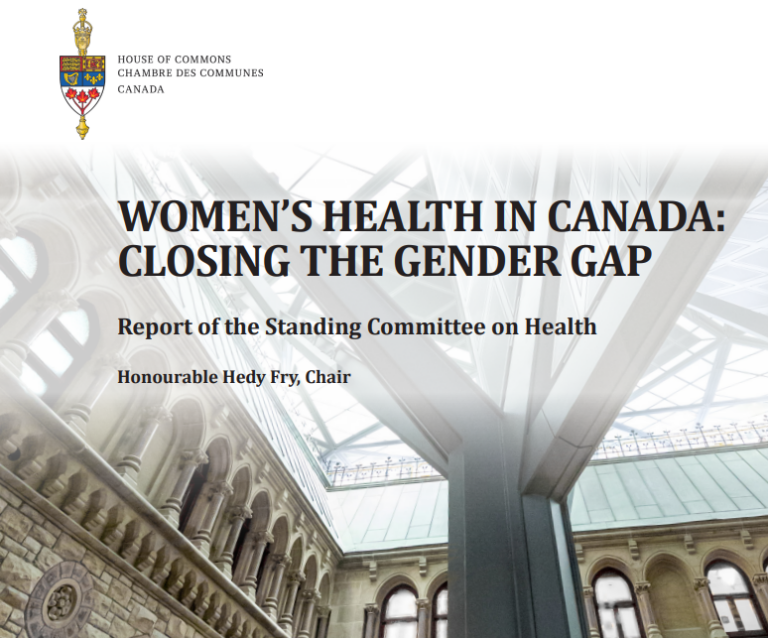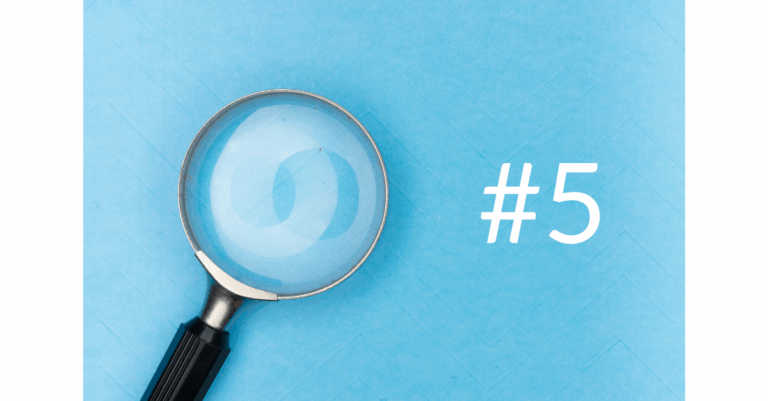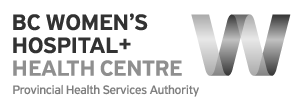
Announcing the Women’s Health Research Institute Fall 2025 Trainee Travel Grant Recipients
The WHRI congratulates the recipients of the Women’s Health Research Institute’s 2025 Spring Trainee Travel Grant competition.
The HER-BC report and Mapping Menopause project seek to understand and fill existing knowledge gaps around menopause.
We are a network of researchers, trainees, and healthcare professionals working to improve health outcomes for women and gender-diverse people.
Gain access to a vast community of researchers making a difference in women’s health. It costs nothing to join.
Our members enjoy access to lab facilities, database building, knowledge translation support, networking, and more.
At WHRI, we support individuals involved in women’s health research by setting them up for success.
We aim to strengthen and expand the current network of women’s health researchers, both locally and internationally, by promoting and facilitating meaningful collaborations.
The WHRI supports a community of over 500 investigators.
Search through our database to learn more about our members and their research. Connect with women’s health researchers at home and abroad.
We offer quality support across the spectrum of the research process, including access to laboratory facilities, database building, and assistance with protocol development.
Find out more about the services we offer our members.

The WHRI congratulates the recipients of the Women’s Health Research Institute’s 2025 Spring Trainee Travel Grant competition.

The Canadian Gender & Sex in Methods and Measurement Research Equity Toolkit is a resource led by WHRI member Dr. A.J. Lowik and developed in collaboration with research and community partners.

This autumn, the House of Commons Standing Committee on Health released a new report titled Women’s Health in Canada: Closing the Gender Gap.

Welcome to Misinformation Mondays: a 5-part series where we delve into strategies that researchers can use to combat misinformation. The final week’s topic is compassion.

The Women’s Health Research Institute (WHRI) is very pleased to congratulate the recipient of the

The Women’s Health Research Institute (WHRI) is very pleased to congratulate the recipients of the




The Women’s Health Research Institute would like to acknowledge that we are uninvited guests on the unceded ancestral territories of the xʷməθkwəy̓əm (Musqueam), Skwxwú7mesh (Squamish), Stó:lo, and sel̓íl̓witulh (Tsleil-waututh) Nations.
As a provincial research institute committed to improving the health outcomes of women, including those across the 2SLGBTQIA+ spectrum, we recognize our responsibility in the collective effort towards establishing culturally safe health care systems and services that address health inequities among Indigenous peoples, especially Indigenous women, girls, and Two-spirit peoples.
We encourage all people involved in research to read both the Truth and Reconciliation Commission of Canada: Calls to Action and the In Plain Sight Report, and reflect on ways we can incorporate the recommendations into our work. As we gather in spaces together, we encourage you to reflect on your positionality on these lands and your personal commitments to reconciliation.